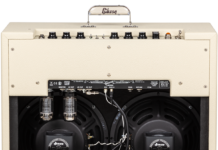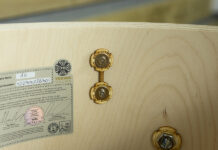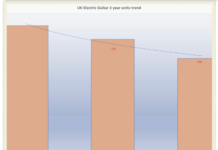Cream Play "Sunshine of Your Love" on Glen Campbell's Show
Here’s another gem from the eternally fascinating world of YouTube.
It’s Cream’s performance of “Sunshine of Your Love” from a July 14, 1968, TV show—a summer replacement for The Smothers Brothers Comedy Hour—that was hosted by Glen Campbell. Campbell would get his own variety show—The Glen Campbell Goodtime Hour—the following January.
Anyway, the appearance is noteworthy for a few reasons. First there’s Campbell’s introduction of the band, which is misleading, to say the least:
“These guys were considered to be three of the finest studio musicians in England. They played on most of the English acts’ records, like the Beatles, the Rolling Stones, Donovan ….”
Um, no they didn’t. Let’s start with the Beatles: drummer Ginger Baker and bassist Jack Bruce had nothing (as in zero) to do with the Beatles’ recorded output, and Clapton wouldn’t play on a Beatles song (“While My Guitar Gently Weeps”) until several months later.
Of course, this was not Campbell’s fault; he was merely reading cue cards that—apparently—were written by someone who didn’t do his homework. Note that Campbell calls the band “the Cream,” which was—as any little schoolboy knows—the band’s name before they dropped the “the.”
Next, there’s the band’s incredibly low volume—or, shall I say, their absolute power and mastery despite their low volume (These guys were normally get-a-migraine-in-12-seconds loud, but the show’s “adult” technical team probably didn’t care about Eric Clapton’s Marshall stacks). Clapton’s guitar solo, which starts at 2:46, is especially interesting because he adds a few country-style bends (right around 3:11) to his trademark pentatonic fireworks, creating a completely different feel from the original 1967 recording—and hinting at his burgeoning obsession with American roots music.
This version of “Sunshine of Your Love” is available on a four-disc box set called Those Were the Days, which was released in 1997.
Source: www.guitarworld.com













